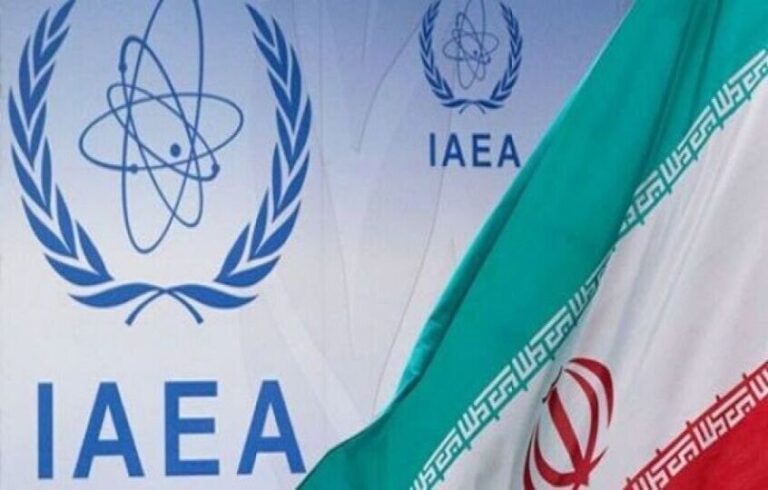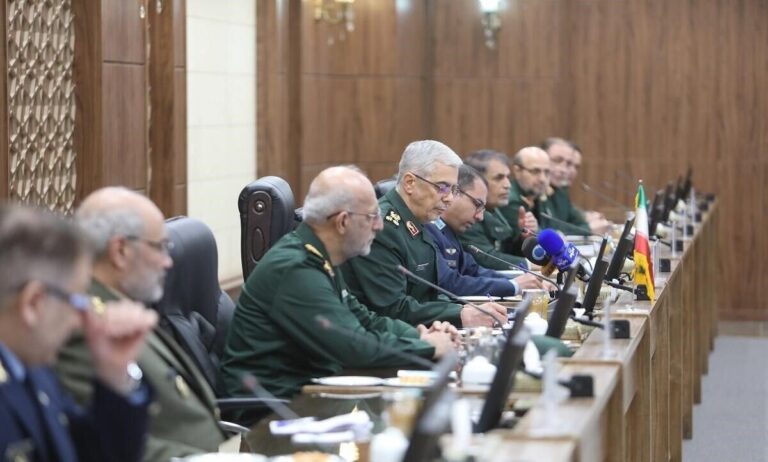Netanyahu Cancels Azerbaijan Trip as Turkey Blocks Airspace Access
In a significant turn of events, Israeli Prime Minister Benjamin Netanyahu had to cancel his highly anticipated visit to Azerbaijan due to an unexpected airspace restriction imposed by Turkey. This development has raised eyebrows and sparked discussions regarding international relations and regional politics.
According to reports from New Arab, Netanyahu’s journey to Baku was intended for critical discussions with President Ilham Aliyev. The visit was initially scheduled for Wednesday and was meant to extend through the weekend. However, the plans took a sudden change when Turkey denied his plane access to its airspace.
In an official statement released on Saturday, Netanyahu’s office attributed the cancellation to a “tight political and security schedule” along with ongoing developments in Gaza and Syria. This explanation, however, seems to overshadow the more pressing issue of Turkey’s refusal to let the plane pass.
Israeli media outlet Walla reported that the cancellation was directly linked to Turkey’s action, highlighting the complex dynamics at play in the region. Here are some key takeaways regarding this incident:
- Airspace Denial: Turkey’s refusal to grant airspace access to Netanyahu’s flight has been viewed as a significant diplomatic gesture.
- Political Implications: The cancellation reflects the strained relations between Israel and Turkey, particularly in light of recent events in Gaza.
- International Scrutiny: Netanyahu currently faces charges from the International Criminal Court for alleged war crimes in Gaza, which complicates his diplomatic efforts.
- Regional Tensions: The ongoing conflicts in Gaza and Syria continue to influence political maneuvers in the Middle East.
This incident not only affects Netanyahu’s immediate diplomatic engagements but also highlights the broader geopolitical tensions in the region. The fact that Turkey, a significant ally of Azerbaijan, would block the Israeli Prime Minister’s plane raises questions about the future of Israeli-Turkish relations.
Netanyahu’s planned visit was expected to focus on strengthening bilateral ties and discussing cooperation on various fronts, including economic and security matters. The abrupt cancellation underscores the delicate balance of power and the interconnected nature of Middle Eastern politics.
While Netanyahu’s office has downplayed the significance of the airspace denial, experts believe it could have lasting implications. The ongoing crisis in Gaza has heightened emotions and influenced diplomatic decisions, making it a pivotal moment for Israel’s foreign relations.
Furthermore, Turkey’s decision to block Netanyahu’s flight may signal a shift in its foreign policy stance, particularly regarding its relationship with Israel. The historical context of Israeli-Turkish relations adds another layer of complexity to the situation.
In summary, Netanyahu’s canceled visit to Azerbaijan serves as a reminder of the volatile nature of international diplomacy in the Middle East. As regional conflicts continue to evolve, the actions of countries like Turkey play a crucial role in shaping the political landscape.
As the situation develops, it will be interesting to see how Netanyahu navigates these challenges and what steps he will take to restore and strengthen Israel’s position in the region. The international community will undoubtedly be watching closely as these events unfold.
In conclusion, the cancellation of Netanyahu’s trip highlights not only the immediate consequences of geopolitical tensions but also the broader implications for Israel’s diplomatic relations in the Middle East. The unfolding story is a crucial reminder of the intricate web of alliances and conflicts that define this region.






